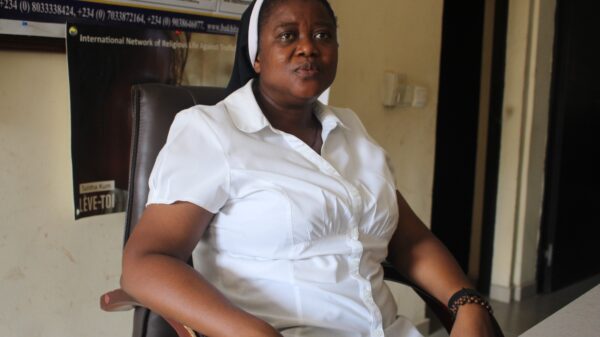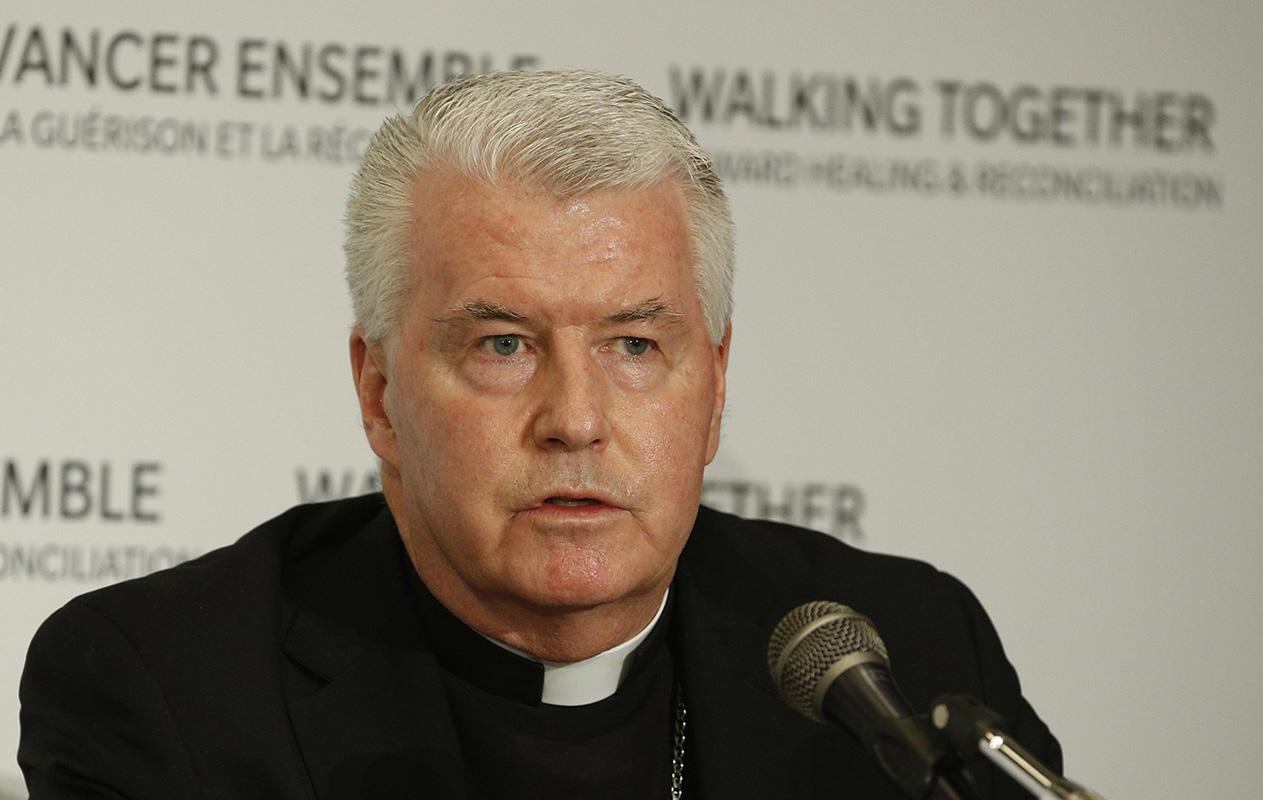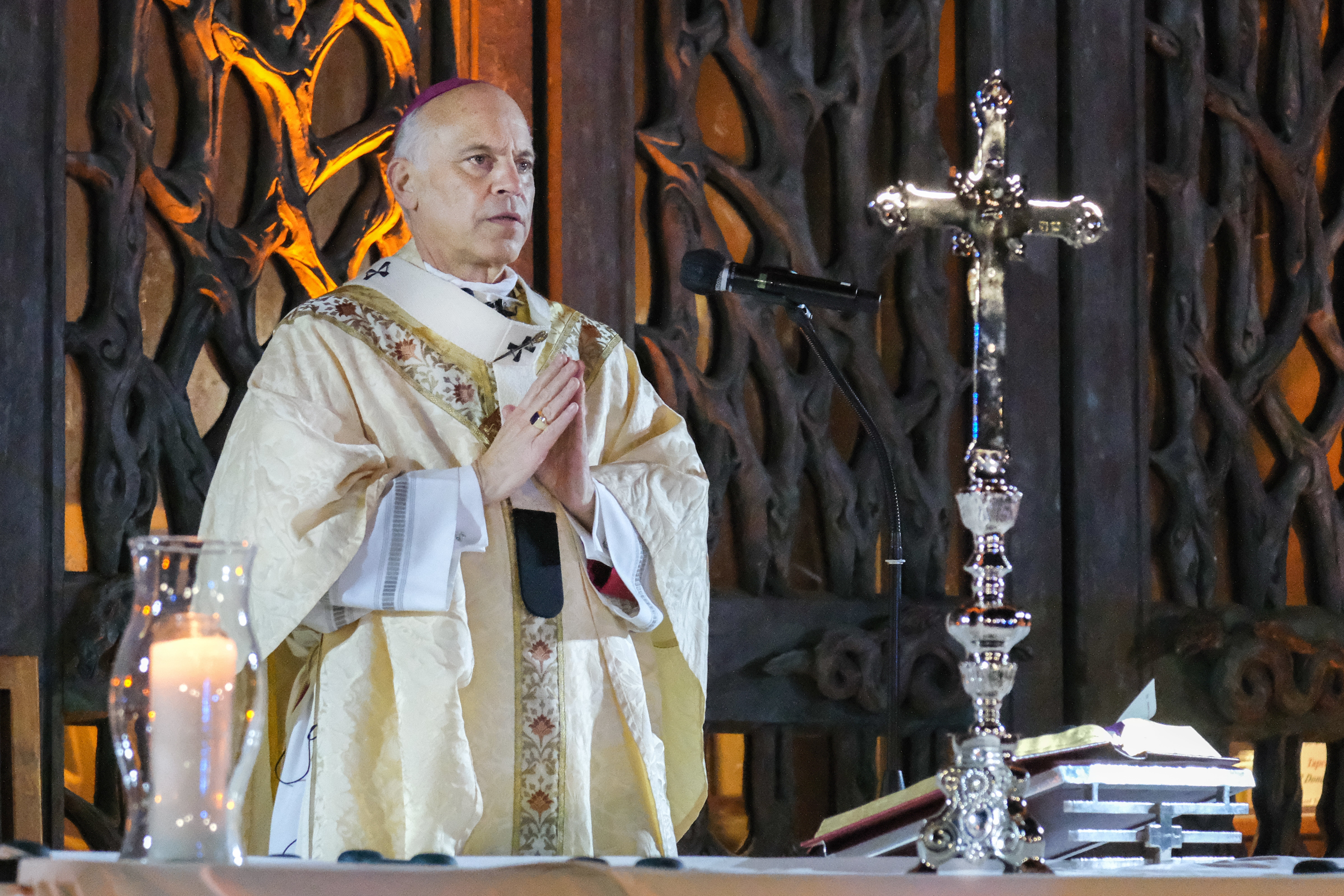(OSV News) — Canada’s deferment on making euthanasia available to those with mental illness is “not good news,” since that nation’s government ultimately intends to expand such access, said the president of the Canadian Conference of Catholic Bishops.
“Despite the opposition that has been voiced by mental health practitioners, disability groups, faith communities, and even several provincial Ministers of Health, the federal government remains fully committed to implementing this legislation,” said Bishop William T. McGrattan of Calgary in a statement emailed to OSV News.
Bill C-62 took effect Feb. 29, postponing until March 17, 2027, the extension of Canada’s law on MAID, or “medical assistance in dying,” to those whose sole condition is mental illness.
Enacted in 2016, MAID exempts from criminal charges doctors and nurse practitioners who either directly administer or prescribe medication to cause a person’s death at their own request. The law includes protocols for ensuring a patient requesting MAID is fully informed and freely consents.
Canadian Health Minister Mark Holland announced in a Feb. 1 news release that the nation’s health system was “not yet ready for this expansion,” citing “consultations with the provinces, territories, medical professionals, people with lived experience and other stakeholders.”
Holland said the deferment would “provide more time for provinces and territories to prepare their health care systems, including the development of policies, standards, guidance and additional resources to assess and provide MAID in situations where a person’s sole underlying medical condition is a mental illness.
“It would also provide practitioners with more time to participate in training and become familiar with available supports, guidelines and standards,” he said, adding that the proposed delay aligns with recommendations from a joint committee on MAID.
Holland said Canada’s government has proposed that a joint parliamentary committee undertake a comprehensive review “relating to the eligibility for MAID of persons whose sole underlying medical condition is a mental illness.”
“The CCCB has consistently expressed opposition to euthanasia in all its forms since the Criminal Code was amended on this point in 2016, and in May 2023 addressed its application to mental illness in both an Open Letter to the Government of Canada and a Message to the Catholic Faithful,” said Bishop McGrattan in his statement.
Canadian anti-euthanasia activist Amanda Achtman told OSV News that while MAID expansion to those with mental illness as a sole condition has been “staved off for now,” Canadians “living with disabilities and physical illnesses are still being euthanized with mental illness as a compounding factor.
“This means that someone who uses a wheelchair and is depressed can be told they qualify for euthanasia, but someone who is only depressed but does not have a physical disability will not be offered euthanasia,” said Achtman, founder of the Dying to Meet You project, which seeks to transform the cultural conversation around suffering and death by highlighting those who find reasons to live amid serious illness.
“Canadians with disabilities, cancer, chronic pain, or who are simply advanced in age, are being proactively informed by doctors and nurses of their eligibility to be killed,” Achtman, a Catholic, told OSV News. “This is utterly dehumanizing and demoralizing and we must oppose it.”
Achtman said that “even without this legislative expansion of the euthanasia regime, Canada already has among the highest rates of euthanasia in the world.”
In 2021, Canada counted at least 10,064 deaths by assisted suicide, compared to 7,666 in the Netherlands, 2,699 in Belgium and more than 1,300 in the U.S, according to the Annals of Palliative Medicine.
A report released by the Canadian government in October 2023 showed a 31.2% increase from 2021 to 2022 in MAID deaths, which rose from 10,092 to 13,241. A total of 44,958 individuals have ended their lives through MAID, according to data provided in the report.
“We cannot become complacent and must do everything possible to prevent the devaluing of anyone’s life,” said Achtman. “A euthanasia society makes all of our lives more precarious. One day that vulnerable, suffering, dying person will be us.”
Gina Christian is a multimedia reporter for OSV News. Follow her on X (formerly Twitter) at @GinaJesseReina










































